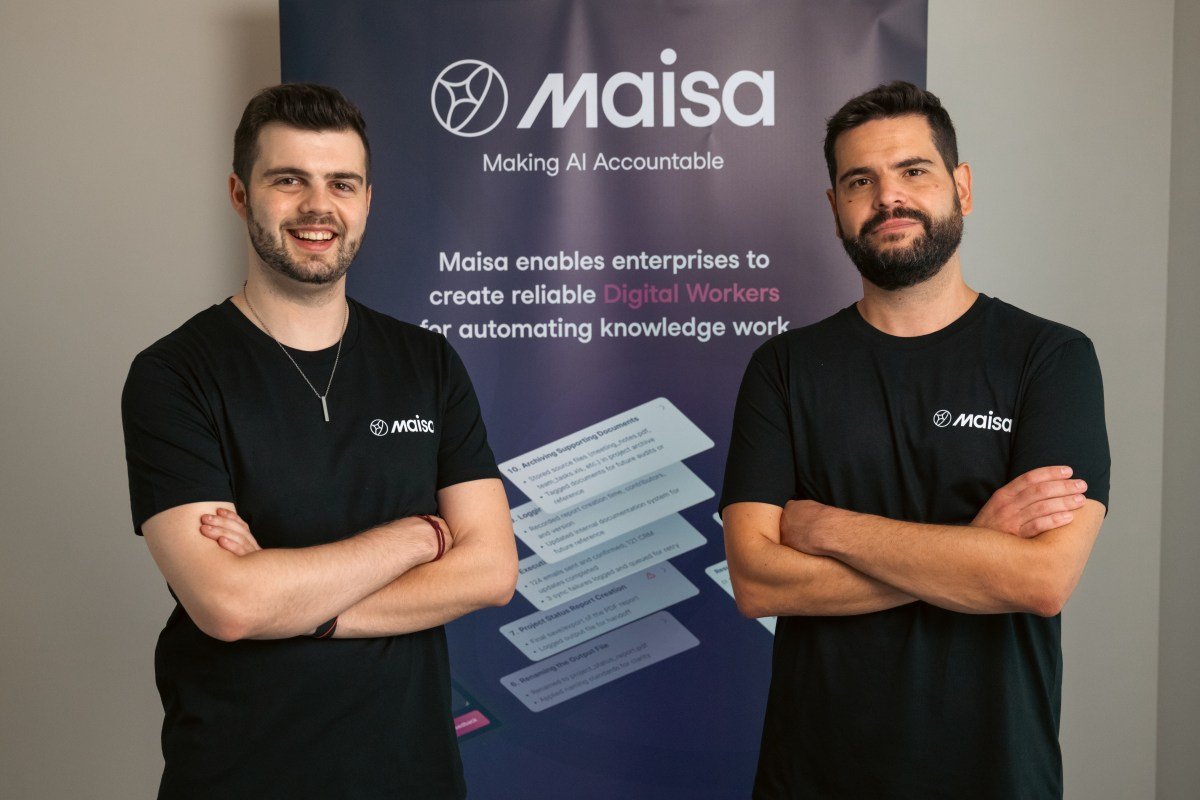Mercor Eyes $10 Billion Valuation in Upcoming Series C Funding Round
Mercor, a pioneering startup facilitating connections between companies like OpenAI and Meta with domain professionals for AI model training, is reportedly in talks with investors for a Series C funding round, according to sources familiar with the negotiations and a marketing document obtained by TechCrunch.
Felicis Considers Increasing Investment
Felicis, a previous investor, is contemplating a deeper investment for the Series C round. However, Felicis has chosen not to comment on the matter.
Targeting a $10 Billion Valuation
Mercor is eyeing a valuation exceeding $10 billion, up from an earlier target of $8 billion discussed just months prior. Final deal terms may still fluctuate as negotiations progress.
A Surge of Preemptive Offers
Potential investors have been informed that Mercor has received multiple offer letters, with valuations reaching as high as $10 billion, as previously covered by The Information.
New Investors on Board
Reports indicate that Mercor has successfully onboarded at least two new investors to assist in raising funds for the impending deal via special purpose vehicles (SPVs).
Previous Funding Success
The company’s last funding round occurred in February, securing $100 million in Series B financing at a valuation of $2 billion, led by Felicis.
Impressive Revenue Growth
Founded in 2022, Mercor is nearing an annualized run-rate revenue (ARR) of $450 million. Earlier this year, the company reported revenues soaring to $75 million, later confirmed by CEO Brendan Foody to reach $100 million in March.
Projected Growth Outpacing Competitors
Mercor is on track to surpass the $500 million ARR milestone quicker than Anysphere, which achieved this goal approximately a year post-launch. Notably, Mercor has already generated $6 million in profit during the first half of the year, contrasting with its competitors.
Revenue Model and Clientele
Mercor’s revenue stream is primarily generated by connecting businesses with specialized experts in various domains—such as scientists and lawyers—charging for their training and consultation services. The startup claims to supply data labeling contractors for leading AI innovators including Amazon, Google, Meta, Microsoft, OpenAI, Tesla, and Nvidia, with notable income derived from collaborations with OpenAI.
Diversifying with Software Infrastructure
To expand its operational model, Mercor is exploring the implementation of software infrastructure for reinforcement learning (RL), a training approach that enhances decision-making processes in AI models. The company also aims to develop an AI-driven recruiting marketplace.
Facing Competitive Challenges
Mercor’s journey isn’t without competition; firms like Surge AI are also seeking funding to bolster their valuation significantly. Additionally, OpenAI’s newly launched hiring platform poses potential competitive pressures in the realm of human-expert-powered RL training services.
Co-Founder Insights
In response to inquiries, CEO Brendan Foody stated, “We haven’t been trying to raise at all,” and noted that the company regularly declines funding offers. He confirmed that the ARR is indeed above $450 million, clarifying that reported revenues encompass total customer payments before contractor distributions, a common accounting practice in the industry.
Leadership and Growth Strategy
Mercor was co-founded in 2023 by Thiel Fellows and Harvard dropouts Brendan Foody (CEO), Adarsh Hiremath (CTO), and Surya Midha (COO), all in their early twenties. To help drive the company forward, they recently appointed Sundeep Jain, a former chief product officer at Uber, as the first president.
Legal Challenges from Scale AI
Mercor is currently facing a lawsuit from rival Scale AI, which accuses the startup of misappropriating trade secrets through a former employee who allegedly took over 100 confidential documents related to Scale’s customer strategies and proprietary information.
Maxwell Zeff contributed reporting
Sure! Here are five frequently asked questions (FAQs) based on the topic of Mercor’s valuation and financial performance:
FAQs
1. What is Mercor’s current valuation?
- Mercor is targeting a valuation of over $10 billion as it continues to grow in the AI training startup sector.
2. What is Mercor’s current revenue run rate?
- The company has a revenue run rate of approximately $450 million, indicating strong financial performance and growth potential.
3. What does a $10 billion valuation mean for Mercor?
- A $10 billion valuation suggests that investors believe in Mercor’s potential for significant future growth and its strong position in the AI training market.
4. How does Mercor plan to achieve its ambitious valuation?
- Mercor is focusing on scaling its AI training solutions, attracting top talent, and potentially expanding its market reach to enhance its product offerings and customer base.
5. What factors contribute to the high valuation in the AI startup sector?
- High valuations in the AI sector typically result from rapid advancements in technology, increasing demand for AI solutions across various industries, and investor confidence in the profitability of such innovations.
If you have more specific inquiries or need further information, feel free to ask!



